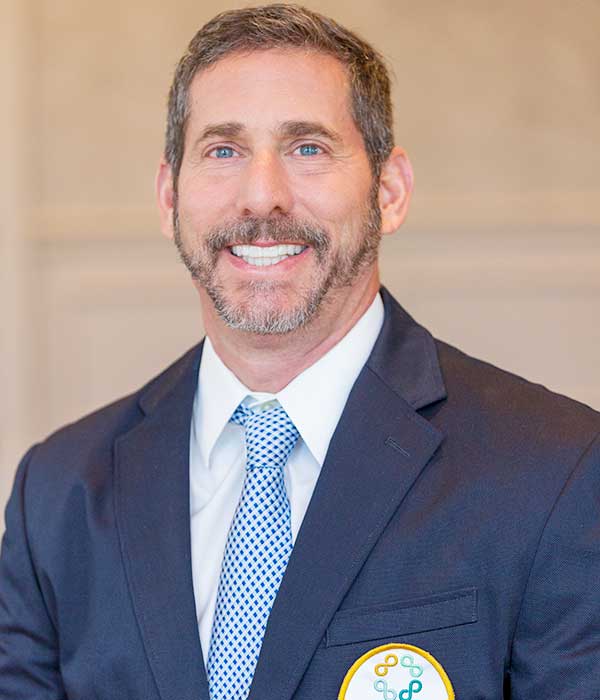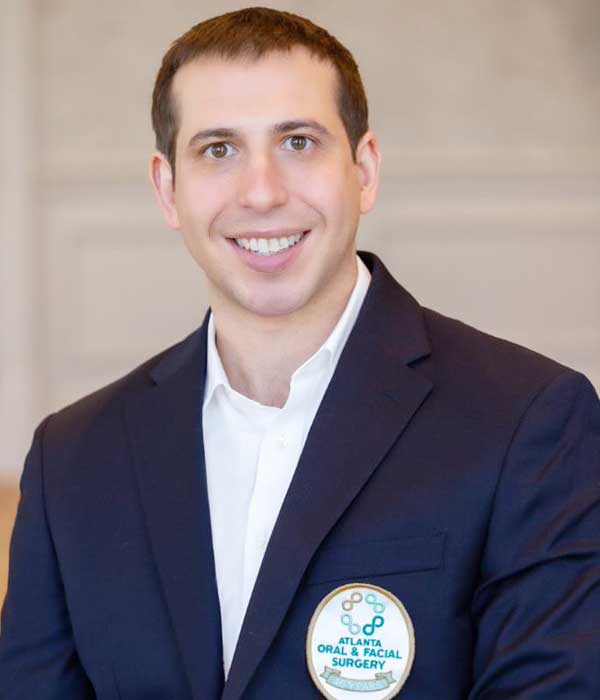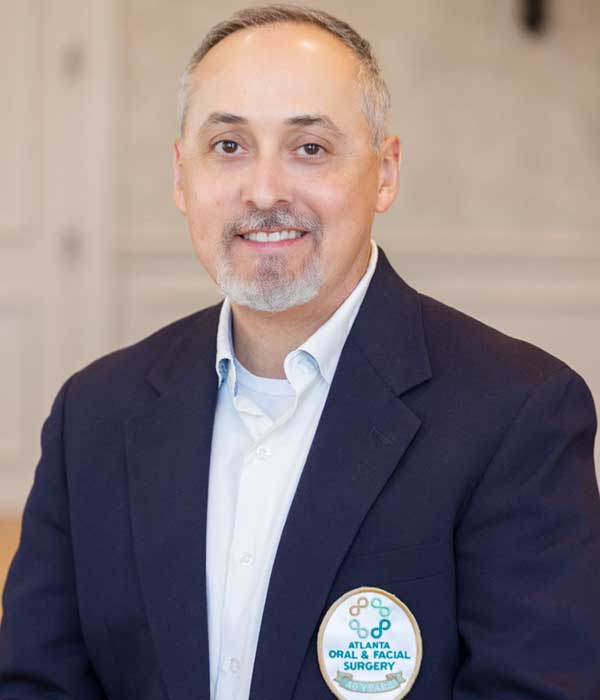Days 2-3
48-72 Hours Following Surgery (Post-Op Days 2/3)
- Eat a soft diet. For health’s sake choose nutritious foods: scrambled eggs, yogurt, cottage cheese, oatmeal, mashed potatoes, mashed bananas, applesauce, juices, and soups. Consider juicing vegetables and grinding meats in a blender. Baby food works well. You might want to add salt, pepper, or other spices to it. Some patients have recommended eating cream of rice or wheat topped with tomato, pesto, or cheese sauce.
- Avoid hard foods that require chewing or that have small pieces which could enter the surgery site or break the forming blood clot. Such foods include, but are not limited to, granola, nuts, rice, popcorn, and small candies. A broken clot can lead to “dry socket”, which causes pain, a delay in healing and may require additional healing.
- About 24 hours after surgery start to rinse your mouth gently with warm water. Use 1/2 teaspoon salt to a glass of warm water. Rinse about once an hour while awake, roughly 10 to 12 times per day. Brush very gently in areas where incisions have been made or stitches placed. Brush the rest of your mouth thoroughly in your regular manner.
- Continue to rest and drink 2-3 quarts of fluid per day. Both are vital to promoting healing and preventing infection.
Reduce swelling with gentle warm rinses and take your anti-inflammatory medications as prescribed. Take medication after putting some food or milk product in your stomach. Swelling is normal during this time and peaks on days two and three.
Until Your Follow-up Visit (7-10 Days After Surgery if Necessary)
- Continue to eat a very soft diet. Avoid vigorous chewing or small, hard foods.
- Continue warm salt water rinses and regular oral hygiene.
- Maintain good fluid intake.
- Do not smoke. Smoking may cause post-surgery complications to develop.










































